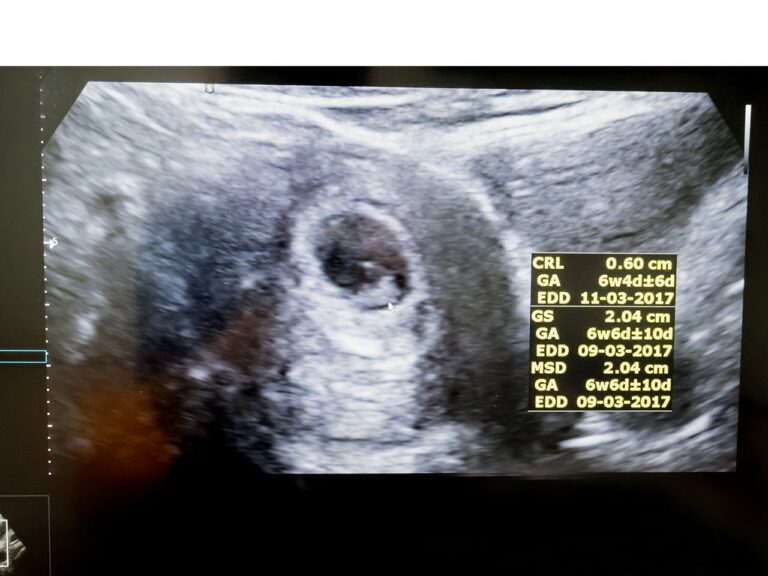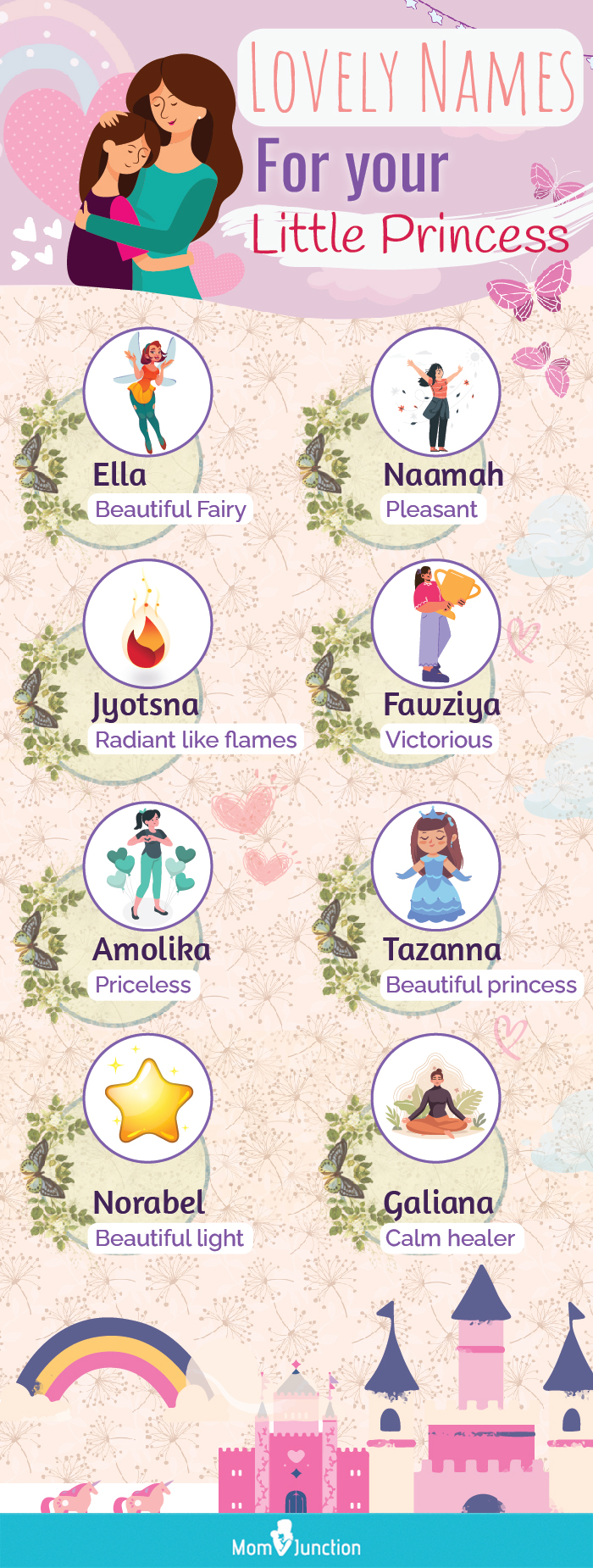When Is A Baby Considered Full Term
Are you eagerly awaiting the arrival of your little one and wondering when your baby will be considered full term? Understanding the concept of full term pregnancy is crucial for expecting parents as it signifies the completion of the gestation period. In this comprehensive guide, we will delve into the details of when a baby is considered full term, what it means for the baby’s development, and what to expect during this crucial stage of pregnancy.
Knowledge
Full term pregnancy is typically defined as a pregnancy that has reached between 39 to 40 weeks of gestation. This period is considered optimal for the baby’s development and growth, as it allows the baby to fully mature before entering the world. Babies born at full term are more likely to have a lower risk of complications and health issues compared to those born prematurely.
During the full term period, the baby undergoes crucial developmental milestones that prepare them for life outside the womb. The baby’s organs, such as the lungs, brain, and digestive system, continue to mature during this time, ensuring that they are ready to breathe, feed, and thrive once born. Additionally, the baby gains weight rapidly during the final weeks of pregnancy, which is essential for their overall health and well-being.
As you approach the full term mark, you may notice certain signs that indicate your baby is nearing the end of their gestation. These signs include the baby dropping lower into the pelvis, increased pressure on the bladder, and Braxton Hicks contractions. Your healthcare provider will also monitor your progress and may perform tests to ensure that both you and your baby are healthy and ready for delivery.
Choosing to deliver your baby at full term is beneficial for both the baby and the mother. Babies born at full term have a lower risk of respiratory issues, feeding difficulties, and other complications compared to those born prematurely. For the mother, a full term birth reduces the risk of complications during delivery and ensures a smoother recovery postpartum.
Conclusion
Understanding when a baby is considered full term is essential for expecting parents as it allows them to prepare for the final stages of pregnancy and delivery. By ensuring that your baby reaches full term, you are providing them with the best possible start in life and reducing the risk of complications. Expecting parents should work closely with their healthcare provider to monitor their progress and ensure a safe and healthy delivery.
In conclusion, full term pregnancy is a crucial milestone in the journey to parenthood, signaling the readiness of the baby to enter the world. By being informed and prepared for this stage, parents can ensure the best possible outcome for both themselves and their baby. Remember, every pregnancy is unique, so it’s essential to consult with your healthcare provider for personalized guidance and support.






